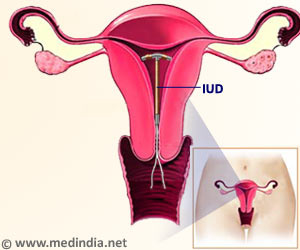Injuries inflicted to women by violent male partners extends well beyond the short term, according to a 10-nation survey of domestic violence released on Friday.
Injuries inflicted to women by violent male partners extends well beyond the short term, according to a 10-nation survey of domestic violence released on Friday.
The World Health Organisation (WHO) probe found that physical and sexual abuse routinely resulted in troubled or aborted pregnancies, gynaecological or gastrointestinal disorders and various forms of chronic pain.The study is the most far-reaching assessment yet into domestic violence in developing countries.
In eight of the 15 urban and rural areas it examined, more than one in seven women subjected to domestic violence said they had been seriously injured at least five times by their partners.
Not only the body is scarred by such violence, said the study, led by Claudia Garcia-Moreno of the WHO and published in the British medical weekly The Lancet.
Consequences also included depression, anxiety, phobias and substance abuse, confirming that the effects of violence can last long after the brutality has ended.
Women who had been physically or sexually abused were three times likelier to have had suicidal thoughts, and four times likelier to have attempted at least once to take their own lives.
Advertisement
Most previous studies have been national in scope, and focused primarily on Europe and North America, he noted.
The percentage of the more than 24,000 women canvassed who reported having been physically injured by the men in their lives range from a low of 19 percent in rural Ethiopia to a high of 55 percent in the countryside of Peru.
Other areas on the low end of the male violence spectrum include rural and urban Bangladesh (24.8 and 26.7 percent) and urban Japan (26.6 percent), while countries in which women suffered the most included Thailand and Brazil, in both rural and city settings.
The other countries included in the study were Namibia, Samoa, Serbia, Montenegro and Tanzania.
"In addition to being a breach of human rights, the high prevalence of partner violence and its associations with poor health ... highlight the urgent need to address partner violence in national and global health-sector policies and programmes," the authors conclude.
Further studies should measure the impact of male violence against women on mortality and life expectancy, they added.
Source-AFP
SRM/L





